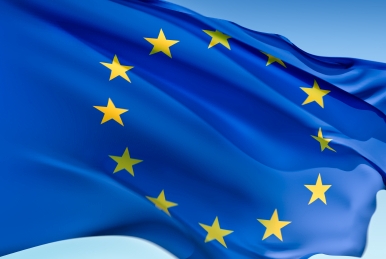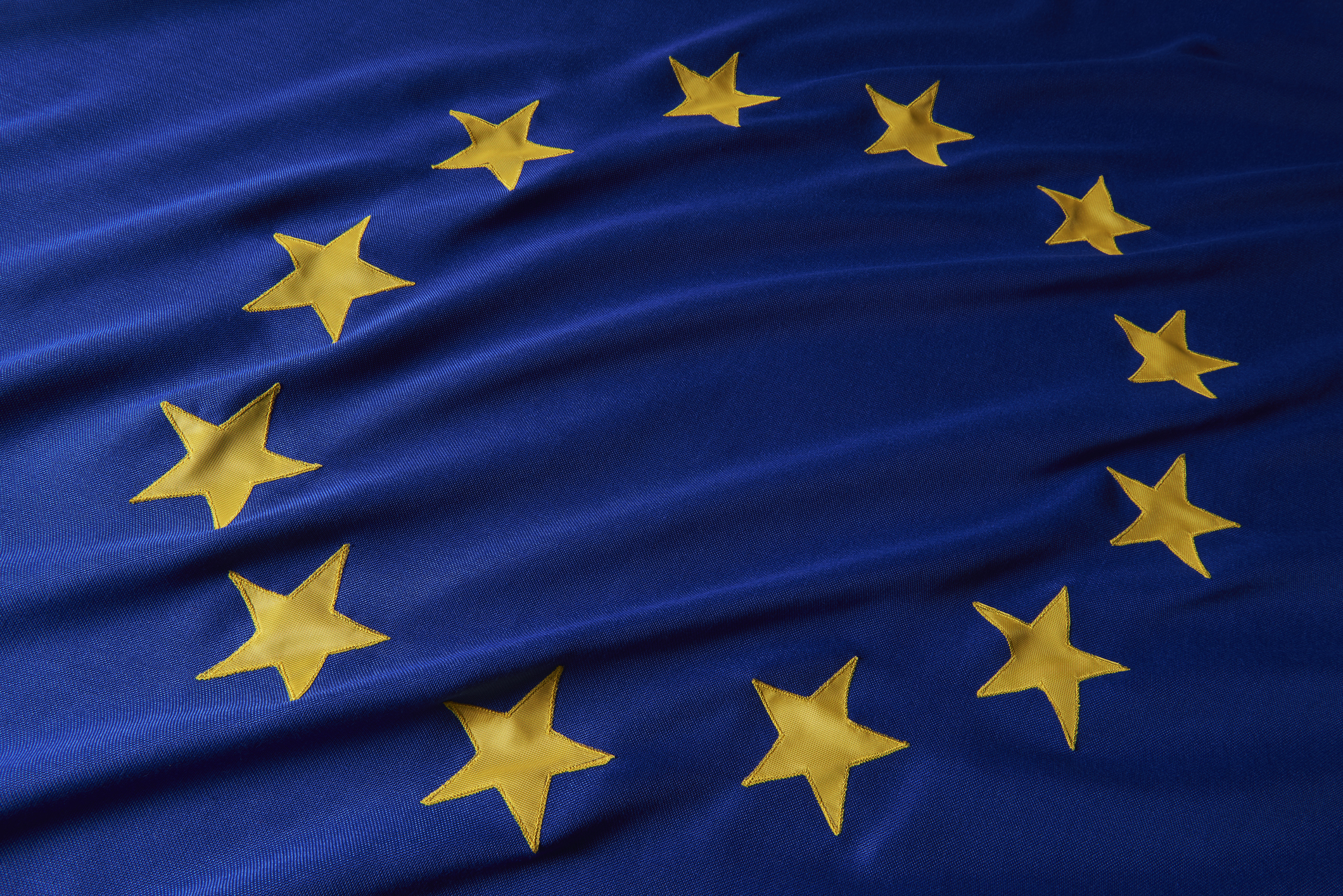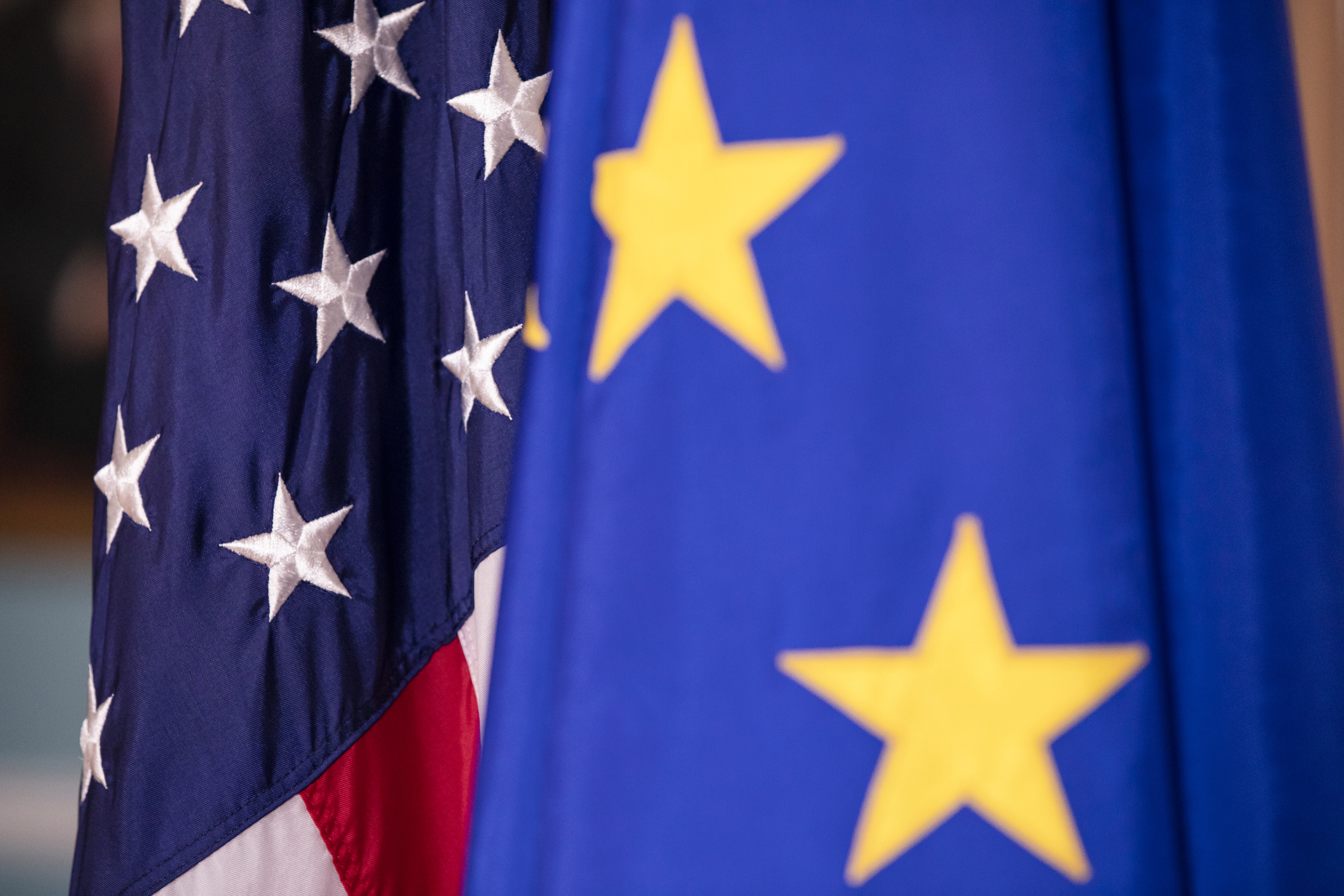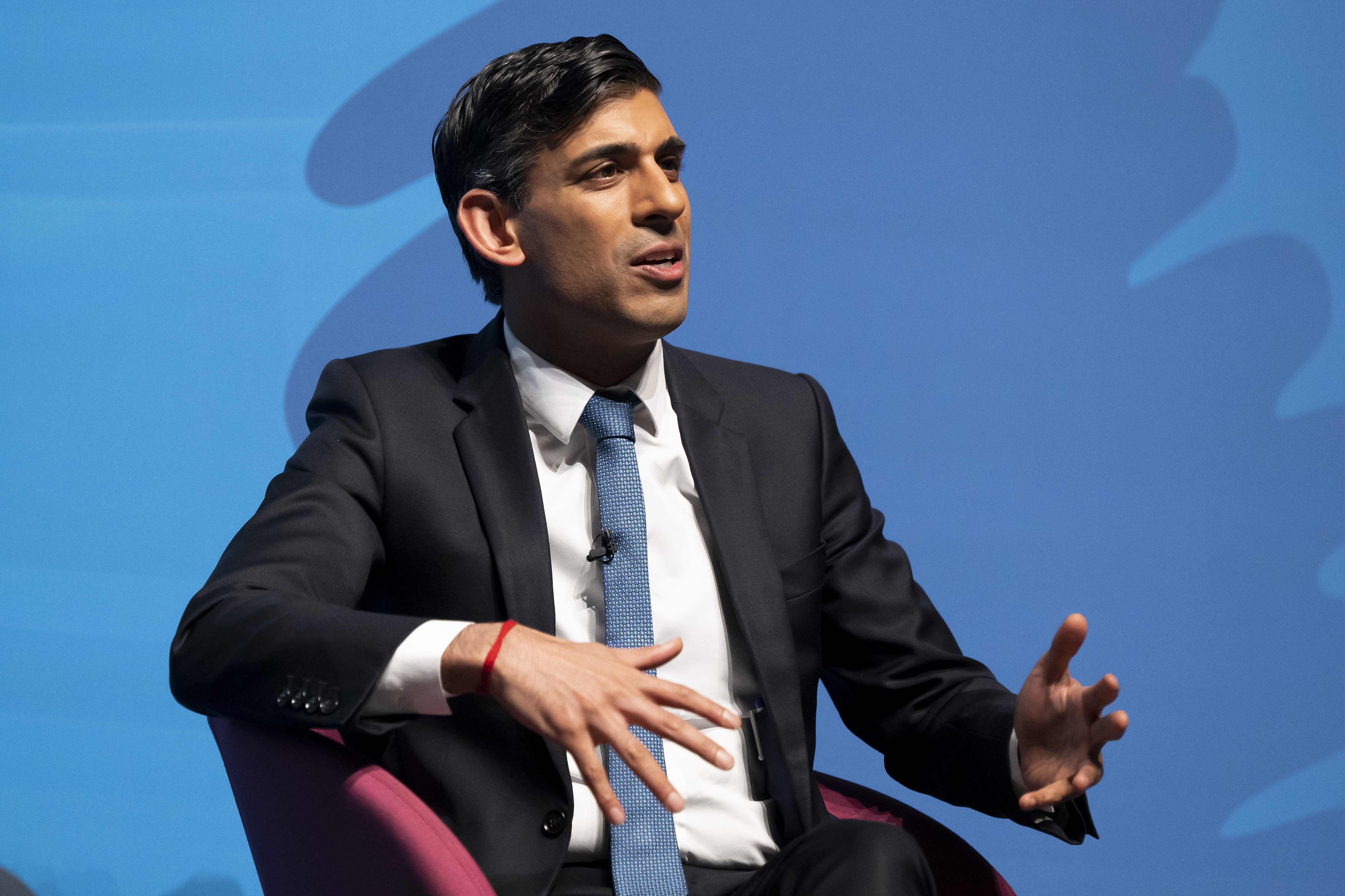EU to force operators to split network and retail
European Parliament moves to boost competition, but stops short of creating a more-powerful regulator to take on Internet security.

Telecommunication companies will be forced to run their network and retail services separately under new measures adopted by the European Parliament, which is hoping to boost competition and give consumers more choice.
EU Telecoms Commissioner Viviane Reding, who drafted the package, wants to make it easier for new entrants to compete with established operators in a 300 billion ($443 billion) sector so consumers have a wider choice of cheaper services.
The EU assembly voted by 597 in favour, with 55 against and 29 abstentions on a proposal to force telecoms companies to run their network and retail services as separate businesses to give competitors easier access to their networks.
Big operators such as Deutsche Telekom and France Telecom opposed this "functional separation" measure, which would be a "last resort nuclear option" for national regulators if other pro-competition measures failed.
However, the assembly watered down another key strand of the package, Reding's proposal for an EU telecoms "super regulator" that would also include Internet security.
It voted 490 in favour with 105 against and 14 abstentions on creating a less powerful alternative Body of European Regulators in Telecoms (BERT) that would not include Internet security.
The body will be funded by a mix of EU and national funds. Reding wanted it funded purely by the EU budget, a step she believed would ensure it was fully independent and not beholden to national governments that could be tempted to protect former state-owned operators.
Get the ITPro daily newsletter
Sign up today and you will receive a free copy of our Future Focus 2025 report - the leading guidance on AI, cybersecurity and other IT challenges as per 700+ senior executives
"This vote is very good news for European consumers. It's a strong signal for the single market in the EU," Reding's spokesman Martin Selmayr told a regular news briefing.
"One thing we regret is that this new agency does not have responsibility for network security," Selmayr said, though he added that the parliament had made sure the regulator would be able to operate independently in the interest of consumers.
The assembly will vote later today on a final strand to the package - beefing up consumer rights in the sector.
EU governments and parliament have the final say on the package and the assembly's first vote will form the basis of a joint deal with member states.
The assembly also voted to scrap Reding's plan to give the European Commission a veto over national competition "remedies".
It backed steps to make more efficient pan-EU use of radio frequencies freed up by broadcasters switching from analogue to digital so that mobile phone operators can offer new services in several countries.
However, the vote ensures that member states remain in charge of spectrum usage nationally and Reding's aim of stronger pan-EU decision making on spectrum was diluted.
The final strand to be voted on later is a measure to improve consumer protection such as by strengthening the obligation on operators to provide a minimum service of specific quality at an affordable price for everyone. Consumers would have better information on prices and services.
ITPro is a global business technology website providing the latest news, analysis, and business insight for IT decision-makers. Whether it's cyber security, cloud computing, IT infrastructure, or business strategy, we aim to equip leaders with the data they need to make informed IT investments.
For regular updates delivered to your inbox and social feeds, be sure to sign up to our daily newsletter and follow on us LinkedIn and Twitter.
-
 Asus ZenScreen Fold OLED MQ17QH review
Asus ZenScreen Fold OLED MQ17QH reviewReviews A stunning foldable 17.3in OLED display – but it's too expensive to be anything more than a thrilling tech demo
By Sasha Muller
-
 How the UK MoJ achieved secure networks for prisons and offices with Palo Alto Networks
How the UK MoJ achieved secure networks for prisons and offices with Palo Alto NetworksCase study Adopting zero trust is a necessity when your own users are trying to launch cyber attacks
By Rory Bathgate
-
 ‘Europe could do it, but it's chosen not to do it’: Eric Schmidt thinks EU regulation will stifle AI innovation – but Britain has a huge opportunity
‘Europe could do it, but it's chosen not to do it’: Eric Schmidt thinks EU regulation will stifle AI innovation – but Britain has a huge opportunityNews Former Google CEO Eric Schmidt believes EU AI regulation is hampering innovation in the region and placing enterprises at a disadvantage.
By Ross Kelly
-
 The EU just shelved its AI liability directive
The EU just shelved its AI liability directiveNews The European Commission has scrapped plans to introduce the AI Liability Directive aimed at protecting consumers from harmful AI systems.
By Ross Kelly
-
 A big enforcement deadline for the EU AI Act just passed – here's what you need to know
A big enforcement deadline for the EU AI Act just passed – here's what you need to knowNews The first set of compliance deadlines for the EU AI Act passed on the 2nd of February, and enterprises are urged to ramp up preparations for future deadlines.
By George Fitzmaurice
-
 UK financial services firms are scrambling to comply with DORA regulations
UK financial services firms are scrambling to comply with DORA regulationsNews Lack of prioritization and tight implementation schedules mean many aren’t compliant
By Emma Woollacott
-
 EU agrees amendments to Cyber Solidarity Act in bid to create ‘cyber shield’ for member states
EU agrees amendments to Cyber Solidarity Act in bid to create ‘cyber shield’ for member statesNews The EU’s Cyber Solidarity Act will provide new mechanisms for authorities to bolster union-wide security practices
By Emma Woollacott
-
 The EU's 'long-arm' regulatory approach could create frosty US environment for European tech firms
The EU's 'long-arm' regulatory approach could create frosty US environment for European tech firmsAnalysis US tech firms are throwing their toys out of the pram over the EU’s Digital Markets Act, but will this come back to bite European companies?
By Solomon Klappholz
-
 EU AI Act risks collapse if consensus not reached, experts warn
EU AI Act risks collapse if consensus not reached, experts warnAnalysis Industry stakeholders have warned the EU AI Act could stifle innovation ahead of a crunch decision
By Ross Kelly
-
 Bletchley Declaration draws cautious approval
Bletchley Declaration draws cautious approvalNews AI safety agreement garners international support, but some believe it needs more specificity
By Emma Woollacott
